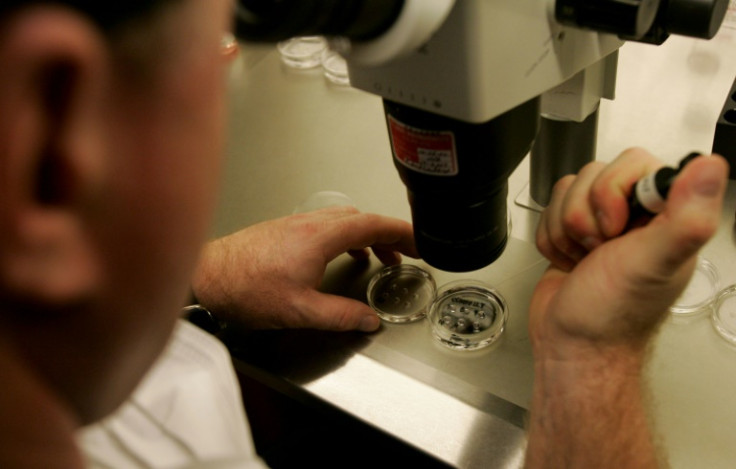Alabama Lawmakers Vote To Protect IVF In Wake Of Court Ruling

Lawmakers in Alabama passed legislation Thursday to protect health workers at IVF clinics from legal liability after the southern US state's supreme court ruled frozen embryos are children, in an issue that has threatened to become an election flashpoint.
Bills "to provide civil and criminal immunity" to people and entities providing such care in case an embryo is damaged or destroyed cleared both Republican-controlled chambers, the legislature's official webpage showed.
The conservative state's Republican governor, Kay Ivey, who has also voiced support for protecting in vitro fertilization, is expected to sign the legislation into law.
The move comes after a wave of Republicans including likely presidential candidate Donald Trump distanced themselves from the Alabama Supreme Court ruling, wary of its political repercussions.
Democrats led by President Joe Biden have made the preservation of reproductive rights a central part of their 2024 election campaign, as women in conservative states that have strict abortion bans have at times faced problems accessing emergency care for life-threatening pregnancies.
The conservative-majority US Supreme Court overturned the national right to abortion in 2022, paving the way for states to wade in on questions of how personhood is defined.
Earlier this month, the Alabama Supreme Court sided with plaintiffs in a wrongful death lawsuit brought by three couples against a fertility clinic after a patient entered a cryogenic nursery and dropped several frozen embryos, destroying them.
A lower court ruled the frozen embryos could not be considered a "person" or "child" and dismissed the claim, but the top court disagreed, in a 7-2 decision sprinkled with quotes from the Bible.
Fertility clinics throughout the state quickly announced they were pausing IVF treatments in light of the new legal risks.
The Alabama Supreme Court's decision had pointed to a 2018 update to state's constitution that "acknowledges, declares, and affirms that it is the public policy of this state to recognize and support the sanctity of unborn life and the rights of unborn children, including the right to life" -- meaning legislation may only provide a temporary fix without a state constitution amendment.
Alabama Democrats proposed such an amendment "to provide that an extrauterine embryo is not an 'unborn life' or 'unborn child,'" but the amendment remains pending.
Representative Chris England, a Democrat from Tuscaloosa, said on social media that "it looks like the plan is to go back in time, give temporary immunity, and try to forget that this ever happened."
"Meanwhile, use the next year or so to try and figure out all of the messy issues associated with personhood and defining what life is and when it begins."
The Alabama IVF controversy is just the latest downstream effect of the US Supreme Court's reversal of Roe v Wade, the case dating from 1973 that protected the right to an abortion.
A group of Texas women who were unable to terminate pregnancies despite in some cases life-threatening complications sued the state to clarify the health exemptions in its strict abortion ban, arguing they had proven to be unworkable in practice.
Texas resident Kate Cox was forced to leave the state to have an emergency abortion amid a drawn out legal battle seeking permission to end her risky pregnancy.
© Copyright AFP 2024. All rights reserved.





















